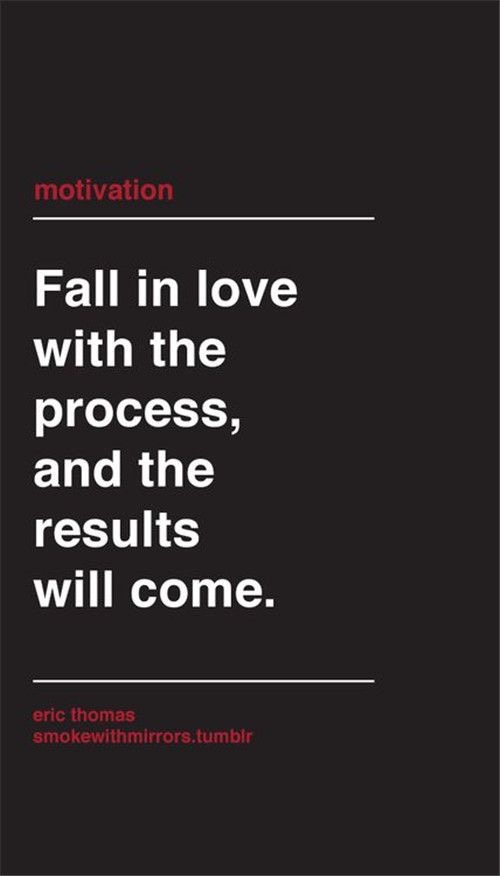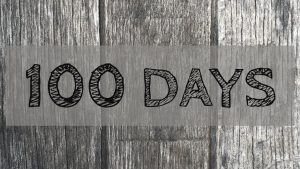 When you think of setting goals what comes to mind? Do you think it’s a bunch of ‘woo woo’? Do you think it’s only for the ultra-motivated athlete or business person? Do you think setting goals sets you up for failure?
When you think of setting goals what comes to mind? Do you think it’s a bunch of ‘woo woo’? Do you think it’s only for the ultra-motivated athlete or business person? Do you think setting goals sets you up for failure?
In my mid-twenties I landed my first management gig at a large retail chain. I was responsible for almost 20 people and a multi-million dollar operation. This position required me to set goals for the sales of our store as well as each individual team member. So, I read everything I could from Stephen Covey’s 7 Habits to Dale Carnegie’s How to Win Friends and Influence People in hopes of leading my team and store to success. I learned a lot from books, my mentors and life. Thankfully I was able to string together some goals that we not only achieved but blew away.
Those lessons have evolved over the years and I’ve applied them to multiple areas of my life including my health. I’ve realized that when I set goals I’m more likely to try and achieve them. As Wayne Gretzky has been quoted over and over, “You miss 100% of the shots you don’t take.” Having goals gives me something to take a shot at.
Over 150 days have gone by this year. Did you have resolutions 151 days ago? How are those going? Is it time for a reset? Is it time to renew?
There are hundreds and thousands of ways to approach goal setting. There’s a flavor for everyone and no wrong way; if it helps you then go for it.
Here’s how I’ve set and achieving goals.
Small Goals
This goes against my nature and probably your nature. A few years ago I would set the goal of losing 30 pounds in 30 days. I would say this is the week I’m going to hit the gym every day. My goal would be to not eat any sugar for the next 30 days.
The problem for each of those was that they were totally unrealistic. For 45 years I had developed habits that were totally opposite. Think about that; I thought that by setting a goal was going to magically turn around 45 years of bad choices. The goal needs to be realistic and 30 pounds in 30 days isn’t very realistic, especially if you are making a lifelong commitment to health. If you are making a lifelong commitment then the next 30 days are a drop in the bucket, they are important but they aren’t the end goal.
48 Hour Goals
I took the approach of making two day goals. The next 48 hours seemed much more achievable than 7 days or 30 days. Out of those 48 hours I would be sleeping at least 12-16 so that left only 32-36 hours that I needed to manage. It’s not that I didn’t have goals that were further out, it was that I was focusing on achieving more immediate goals.
Wins Create Momentum
Getting some early wins keep you motivated to go after more wins. Achieving goals can easily take on a snowball effect. And when you start getting wins you start creating momentum and that is priceless to your success.

 ey I began to lift weights in addition to my cardio. But the key was staying consistent and committed to working out.
ey I began to lift weights in addition to my cardio. But the key was staying consistent and committed to working out.
 This post is part of the Last 100 Days of 2016 Series. As of today there are 98 days left in 2016, what will do with them?
This post is part of the Last 100 Days of 2016 Series. As of today there are 98 days left in 2016, what will do with them?  There are 100 days left in 2016!
There are 100 days left in 2016!